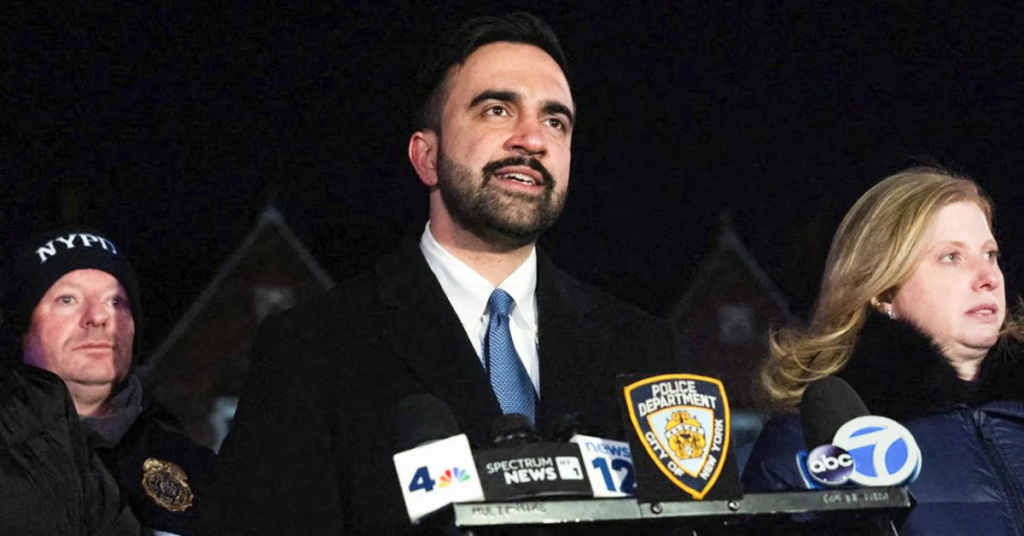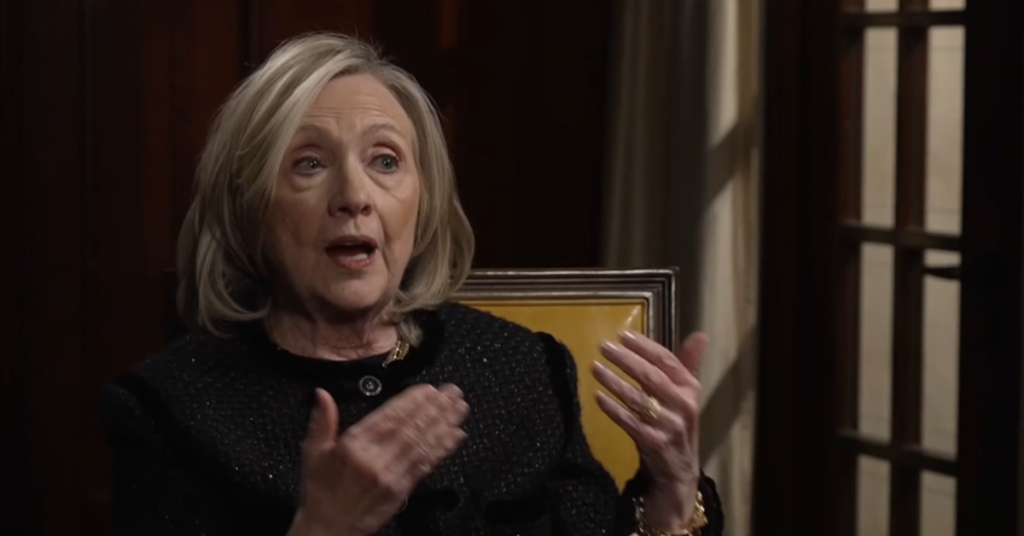I’ve been sitting on this for weeks, not wanting to stir the pot, but it’s time to speak up. It’s long overdue. This might upset some people, and that’s okay—this needs to be addressed. Having children does not grant you the right to park in a handicap spot.
I understand your hands are full. I know you have more little ones than you can manage. I get that it might not seem like a big deal. I realize others are doing it. I know it’s just a preschool drop-off or a small store with few customers. I know you might only need it for a few minutes. I hear you. I really do. AND IT DOESN’T MATTER.
If you or anyone getting out of your car doesn’t have a handicap tag or plate, you shouldn’t park in that blue space. It’s as simple as that. I’ve been the tired mom with a toddler on one side, an infant on my hip, and my newborn niece in a carrier, and I parked with everyone else because that’s where I belonged. I’ve also been the mom of two young children with special needs who parked far away and managed because I didn’t want to misuse a handicap tag that was both medically necessary and legally obtained.”
I’ve been the mom unloading two wheelchairs, carefully and awkwardly lifting my children out of the car in a regular parking space because a minivan full of laughing teenagers with no tag took the only available handicap spot.
I’ve been the mom using the handicap tag, enduring the judgmental glares from onlookers who didn’t think my situation warranted special parking when my disabled daughters had a good day and could walk into a store instead of needing to be carried.
I’ve been the mom grateful for a designated parking space that allowed me to safely push my children into a store so I could do my grocery shopping just like everyone else.
I’ve listened to my dear friend share her frustrations about the lack of safe parking when dropping her child off at school. I heard her describe how other parents dismiss the issue, but for her—a brain tumor survivor who had to relearn how to walk—having a safe place to park her accessible vehicle and navigate safely is a big deal.
As the mother of a healthy preschooler, I can’t help but cringe when I see other parents pulling into the parking lot and claiming the handicap spots closest to the entrance. I notice them. I see that they’re in a hurry, exhausted, with a sleeping baby or wrestling toddlers. I understand, but that doesn’t excuse their actions, and it certainly doesn’t entitle them to those spaces.
I will not park in a handicap spot. Not when it’s raining. Not when it’s cold. Not when I’m in a rush. Not even if all the other nearby spots are taken, forcing me to climb a hill and tackle extra stairs. I refuse to park in a handicap space because I know what it’s like to truly need one and not have access because others have taken advantage.
I will not take a handicap spot because if a parent, grandparent, caregiver, or any other person needs that space, they deserve it. This isn’t about making life easier; it’s not a perk of having a disability. It’s about ensuring that the world is accessible and safe for everyone.
Today, my family is healthy and capable, but if we ever find ourselves in a situation where something as simple as a handicap tag and parking space could make our lives safer or more accessible, I hope there will be a spot available for us.
If you truly need a handicap space, I encourage you to reach out to your doctor and take that straightforward form to the DMV to obtain your blue tag officially. But if you don’t need it, please remember that no circumstance—be it children, weather, or inconvenience—gives you the right to that blue parking space.
You don’t have the right to judge who may or may not need that parking spot you want to use. Sometimes, those who truly need it are two little girls in wheelchairs or a seemingly ordinary mom with a medical history that requires extra safety measures. Other times, it may not be immediately obvious, but you cannot prioritize your convenience over their safety. There’s a system in place for this, represented by a license plate or a blue tag hanging from a rearview mirror. That’s the bottom line.
The featured image shows my daughters, Alex and Emma, in their wheelchairs during the summer of 2010, a time when our lives looked very different, and the handicap tag was anything but taken for granted.

Do you know someone who might find this helpful? Feel free to SHARE this story on Facebook with your family and friends!



